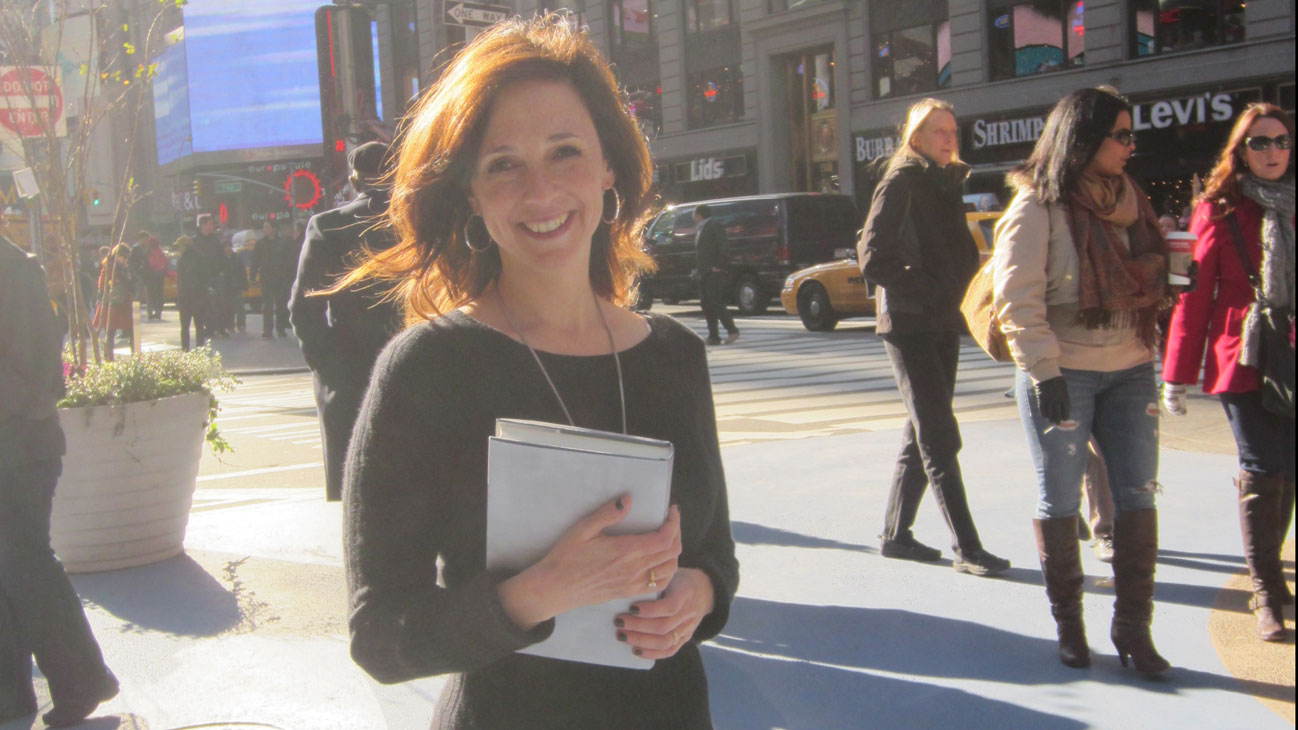Susan Cain believes society overvalues the gregariousness of extroverts and dramatically undervalues the talents of introverts. In her bestselling book, Quiet: The Power of Introverts in a World That Can’t Stop Talking, and in her record-smashing TED talk, Susan explores ways to tap-in to the quieter contingent–in the workplace, the classroom, and elsewhere–whose input we cannot afford to waste. The Financial Post looks at the power of maximizing the introvert’s performance at work:
From the moment we’re born, there are biological differences that exist between introverts and extroverts. Extroverts are predisposed to need more external stimulation. Introverts are people who, by nature, are at their best in quiet, low key environments. And research compiled by Susan Cain, in her book Quiet: the power of introverts in a world that can’t stop talking, suggests there are a lot of them – approximately one third to one half of people you know.
Rosa Parks, Chopin, Gandhi, Arianna Huffington and Steve Wozniak are all famous introverts who reached their potential in a world heavily biased towards extroverts. Cain argues that as a society we undervalue introverts and it’s only to our detriment. And she presents such a strong case that you have to wonder how many introverts have missed their calling or been overlooked.
She maintains that schools and workplaces in particular tend to favour extroverts. At the office we’re drowning in meetings. While introverts might be inclined to take time away to recharge by themselves, this can be interpreted as antisocial or disengaged behaviour.
Cain says the key to maximizing our talents is to put ourselves in zone of stimulation right for us. And one of the ways to ensure we’re unleashing the power of introverts at work, is in the spaces we create.
Joining Susan Cain on stage at #SGFUS is Jim Keane, President and CEO of office design company Steelcase. The two have collaborated to create workspaces that introverts and extroverts alike can flow between.
Keane agrees that it’s time we challenge the notion that all work needs to be done in a certain way. The idea that accountants or sales departments would thrive in a certain environment based on the work they do is just another stereotype. Instead, as leaders we need to start sitting down and talking to our people. Who are you and how do you work best?
It’s great food for thought as our firm, like many others, moves towards a more open concept Workplace of the Future to encourage better collaboration and use of space. Cain agrees that offices should be encouraging interactions but when too much emphasis is placed on transparency people can feel like they’re being watched at every moment, which can also be counterproductive.
So instead of all being driven to be extroverts we should draw on individual strengths. It’s time to recognize that people are different and if we create work environments that are inclusive of difference, we’re much more likely to get better results.

